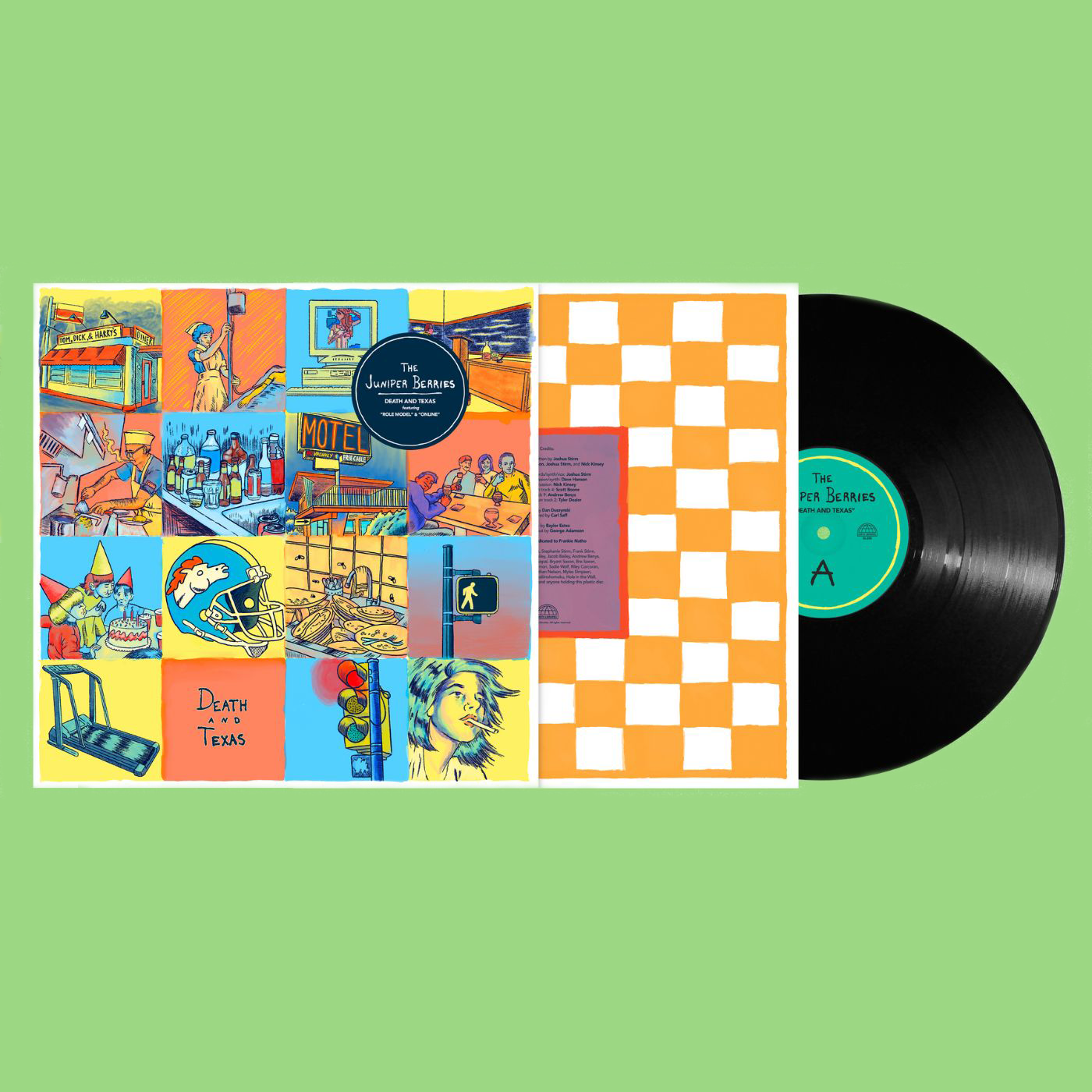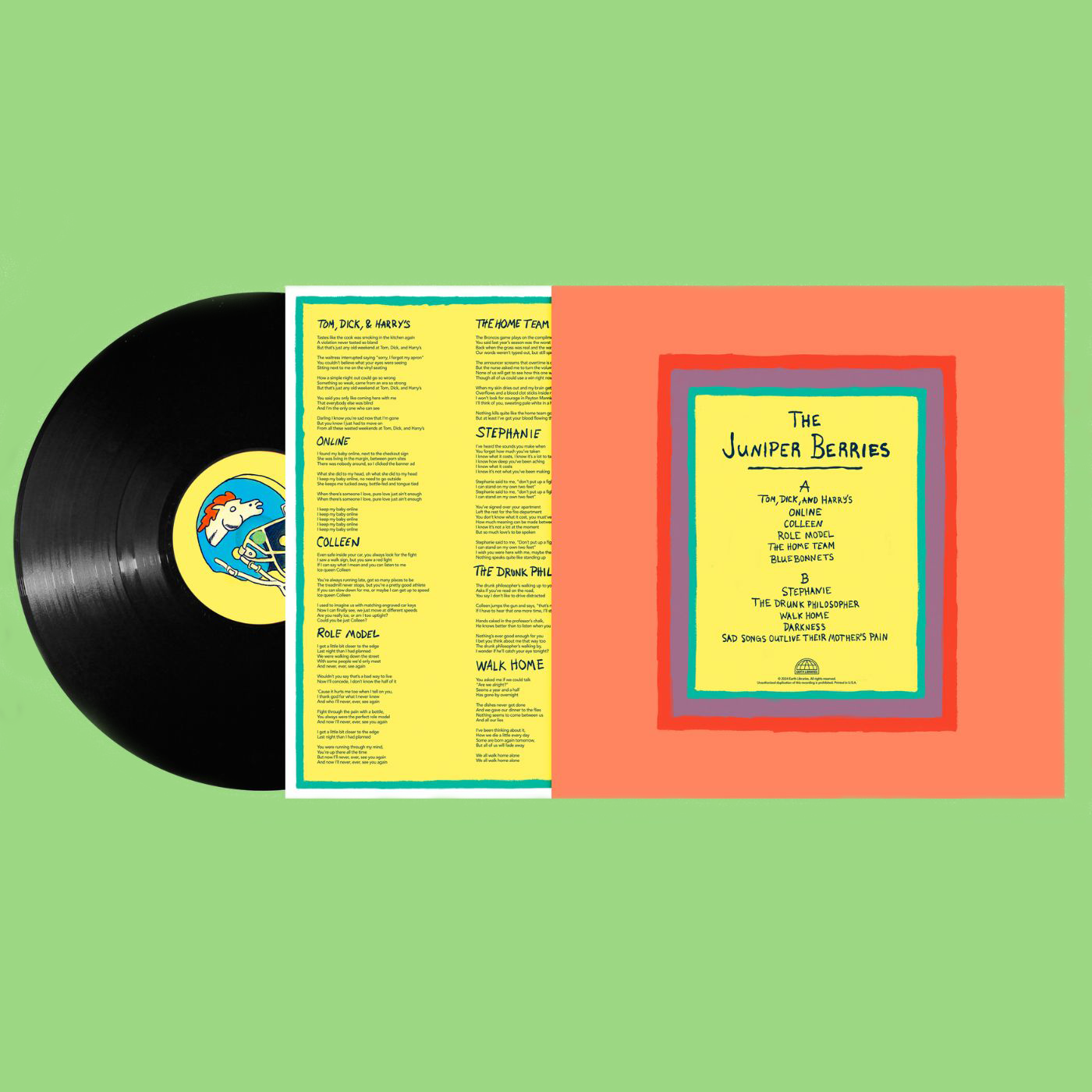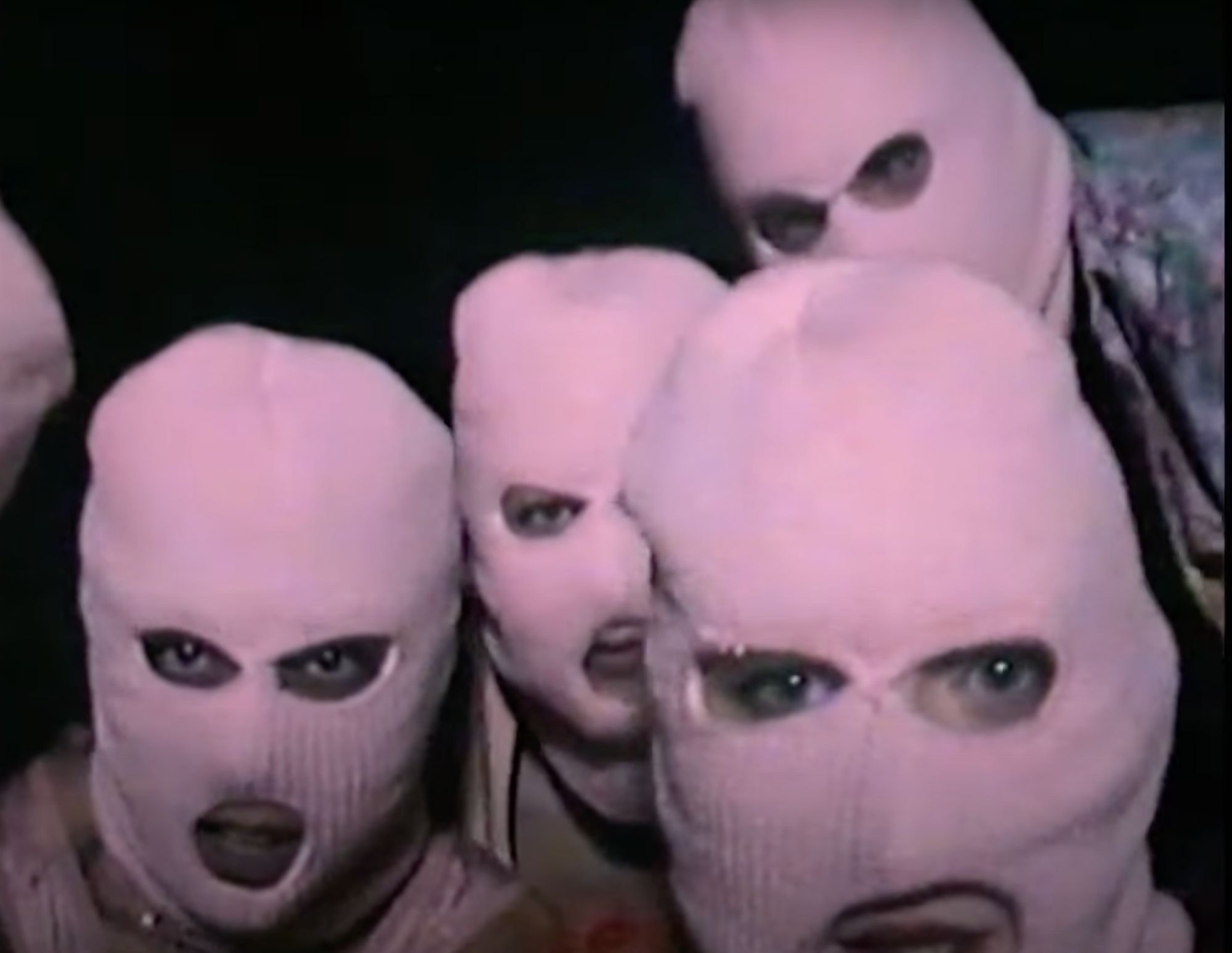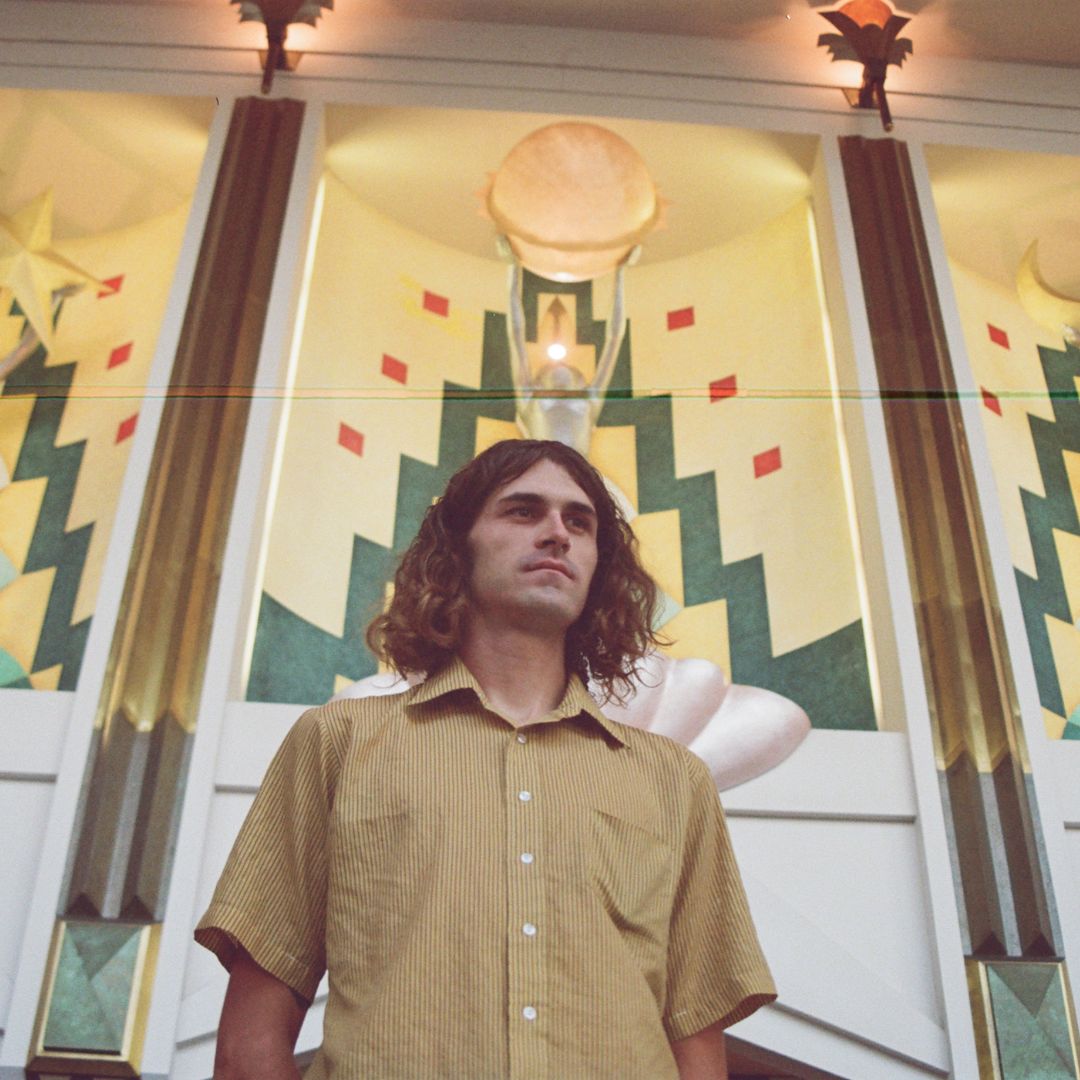
 The Juniper Berries - Death and Texas
The Juniper Berries - Death and TexasThe Juniper Berries - Death and Texas
Regular price $24.99Unit price per
The Juniper Berries are an alternative indie rock / folk band based in Austin, TX.
FFO: Wednesday, Andy Shauf, Waxahatchee, Bonny Doon, Elliott Smith
Life is overfull of cliches when it comes to loss and pain. People are so desperate to offer some conclusive thought that they land in an endless and frustrating blur of platitudes. But the real irony is that the revelation doesn’t come from any of the cliches, but from the endless nature of the blur itself. The Juniper Berries’ Josh Stirm came to this realization in 2020, facing the tragic passing of both his brother and grandfather, as well as the looming pandemic. “The grief felt weirdly impersonal—more than losing family members, it gave me a broader understanding of what it means to love people and lose them,” the Austin-based multi-instrumentalist says.
In his book The Dictionary of Obscure Sorrows, author John Koenig called that feeling sonder, a sense of awe that comes from soaking in the full complexity of all the many people around you. Stirm turned his own sonder into the latest from The Juniper Berries, Death and Texas (due April 19th, 2024 via Earth Libraries), a set of character-driven tracks that explore loss as an affirmation of life.
“These songs center on people who used to be close to each other, relationships that have frayed to some extent,” Stirm says. “Sometimes people can be a friend or a family member, but there’s an asterisk next to it.” That duality plays out on lead single “Role Model”, a Western-tinged, AM radio-indebted track inspired by Stirm’s brother. “You were running through my mind/ You’re up there all the time/ But now I’ll never, ever see you again,” he sighs, layered wordless harmonies and an ecstatic thump grounding the track while the lead vocal cracks and hollers.
That raw emotion is indicative of the way these songs came to be—a blend of visceral storytelling and clever craftsmanship. Stirm likens it to the Ancient Greek and Norse concept of art flowing directly from a higher power, songs flowing out of him and then later piecing them together like a jigsaw puzzle to craft the record’s narrative. But when the picture that process revealed felt more personal than he had previously felt able to reach, he shelved the record, instead taking some time to work on others’ music. He took an internship at the legendary Sonic Ranch studio in Tornillo, Texas, training to be an engineer, and toured and contributed instrumentation to a variety of other projects in his new home of Austin. But Death and Texas wouldn’t be denied. “I was ready to give up on this record, but a few friends insisted I needed to come back to it,” Stirm says. “These songs, stories, and characters are like hand puppets, a way to be honest with even very personal, risky, and vulnerable emotions.”
Several characters recur through the record, like a short story collection of relationships fading and evolving. In “Colleen”, the title character is an idolized partner at a permanent distance because of the pedestal the narrator has put her on; later, on the Built to Spill-esque stargazing ballad “The Drunk Philosopher”, the fraught relationship is already on the rocks. “Stephanie”, meanwhile, finds the title character insisting on her strength, even when Stirm’s narrator sees her fading away—perhaps from addiction or something similarly all-consuming.
Other songs, meanwhile, share more direct narrative ties to Stirm’s recent pains. The sublime “The Home Team” joins a pantheon of elegiac masterpieces, a softly-strummed gem written at his grandfather’s hospice bedside. “My grandpa loved football, and there we were in his final days, watching a game,” he recalls. “We were all so emotionally drained that the only thing that anyone could talk about was the game playing on TV in the hospital room.” Stirm’s tragic and poetic take on that moment is breathtaking, a powerful ode to a beloved man, to a family, to caregiving, a very American lament for emotional toughness. “Nothing kills quite like the home team going under/ But at least I’ve got your blood flowing through my veins,” he sings sweetly.
Death and Texas elevates the smallest moments to crescendos, the work of a lyricist tapping into the perfect formula for his finest work to date. Inspired equally by the likes of Andy Shauf and Bonny Doon, Ty Segall, and the Kinks, The Juniper Berries’ sound is categorized by its use of space and silence, as well as the latter artists’ penchant for noisy theatrics. A scratchy electric guitar solo bursts through the middle of the mid-breakup stagger of “Walk Home”, elevating the looming, unavoidable pain. On “Online”, slow, doubled handclaps rejoin the sense of isolation, befitting a track in which the narrator admits that internet porn helps as an escape when unable to actually be present and connect with a partner. These moments of vulnerability arrive early and often, always propped up by tracks that indulge the bigger picture while resisting the urge to get saccharine.
“After sickness and death, only life remains/ Nothing ever numbs the pain/ But you’ll learn a few tricks along the way,” Stirm sings on album closer “Sad Songs Outlive Their Mother’s Pain”. The tempered, acoustic track sits in the vein of Daniel Johnston, somehow breaking and mending hearts at once. The rocking chair rhythm and whisper-sung lyrics gather the characters and themes on the proscenium for a final bow—with the full knowledge that their interactions and stories will continue on even after the curtain falls, in memory, spirit, and action. “It’s really special that we get to know people at all, to have close bonds,” Stirm says. “These songs are a reminder of how deeply intertwined we all are even when those bonds feel broken.”
“The Juniper Berries realm in relentless power pop that is pure gold.” - Glide
“Joshua Stirm crafts idiosyncratic indie pop and majestic but skewed psychedelia from whatever odds and ends float through his mind.” - Joyzine
“The lyrics have a descriptive, literary quality, drawing in ideas from childhood, space, and time all tied together with a bit of pop psychology.” - Analogue Trash




